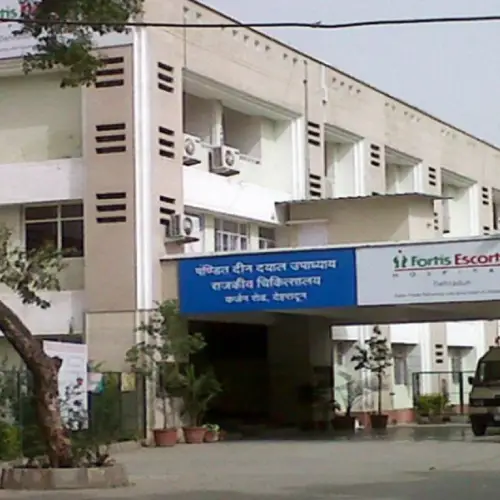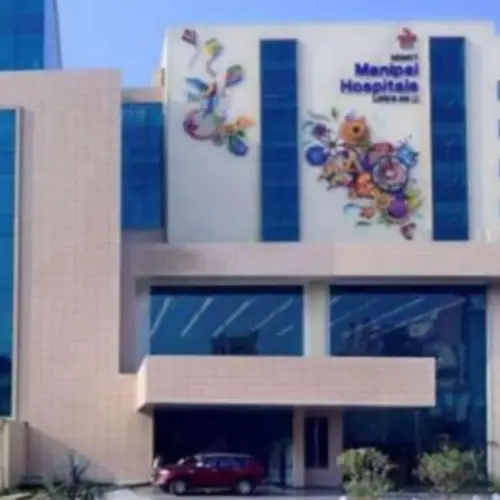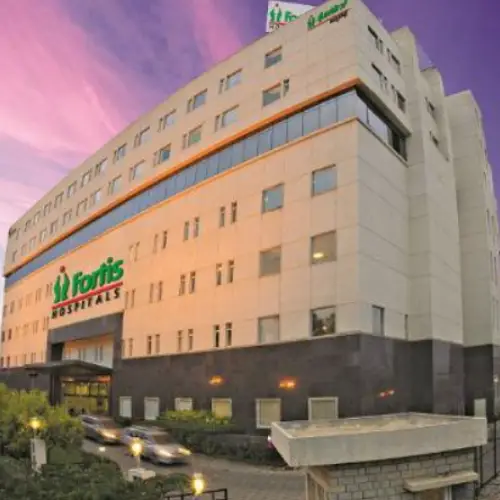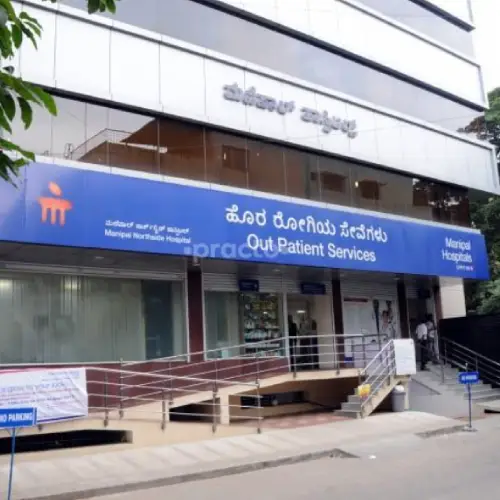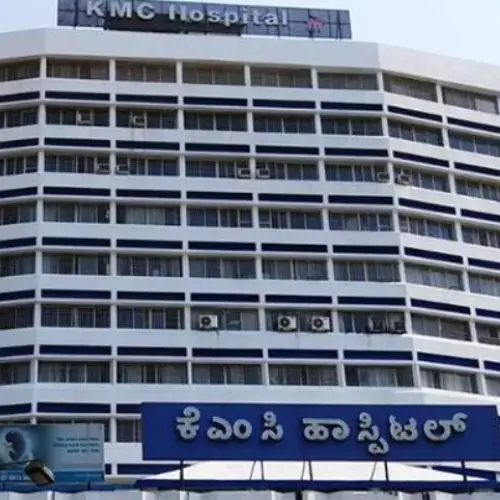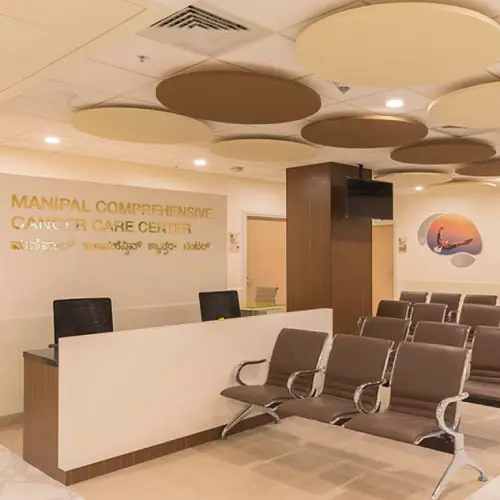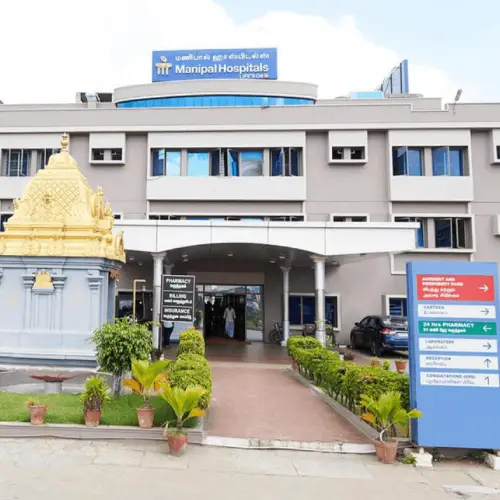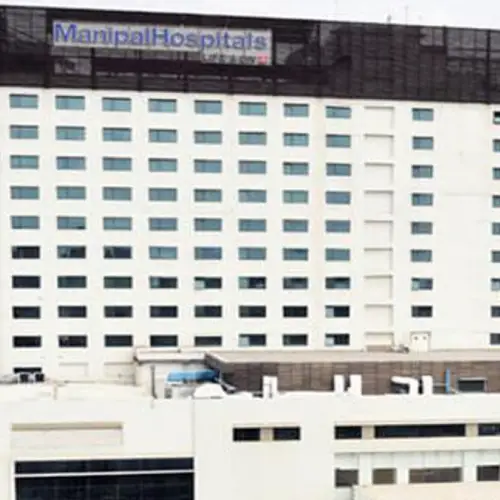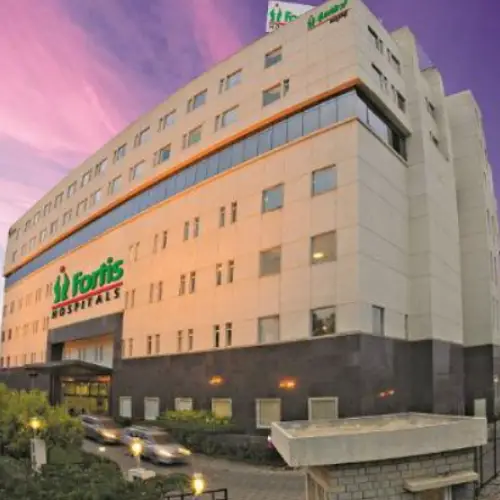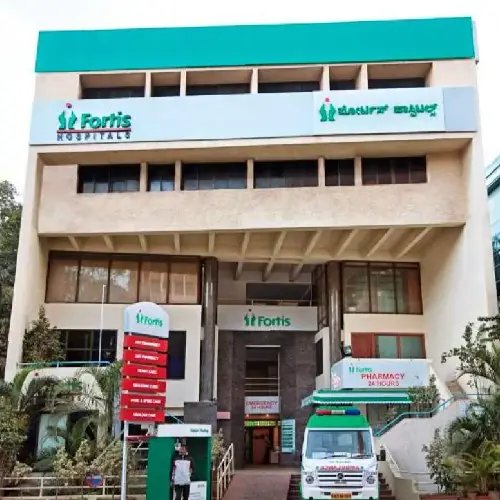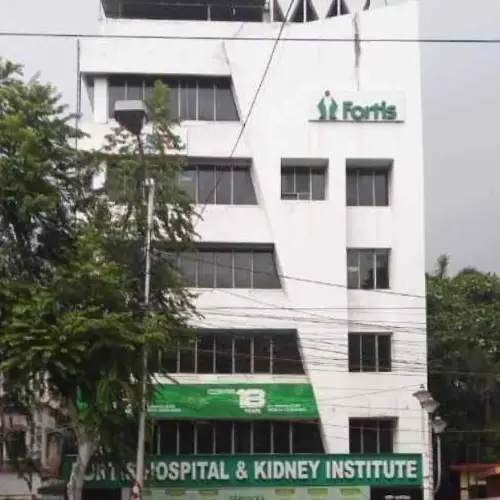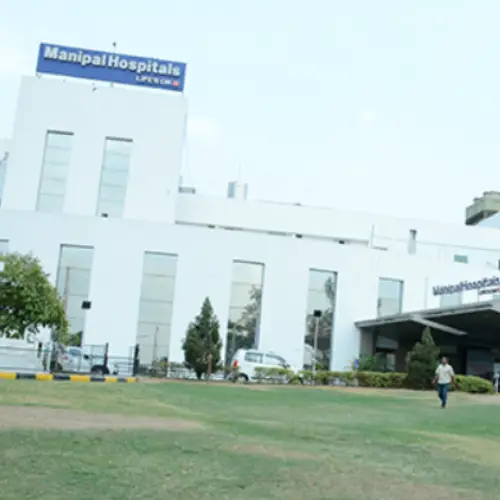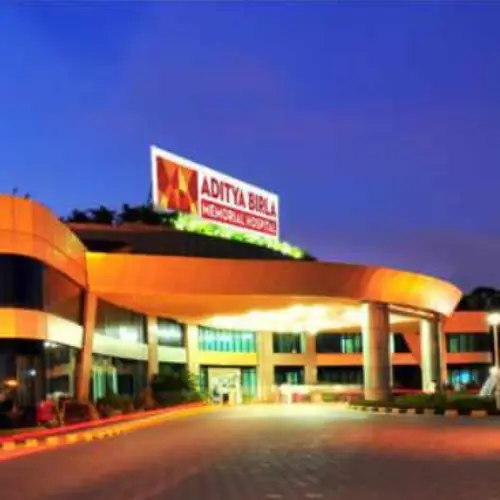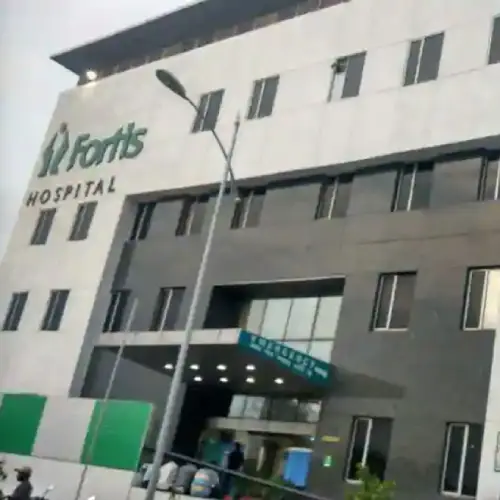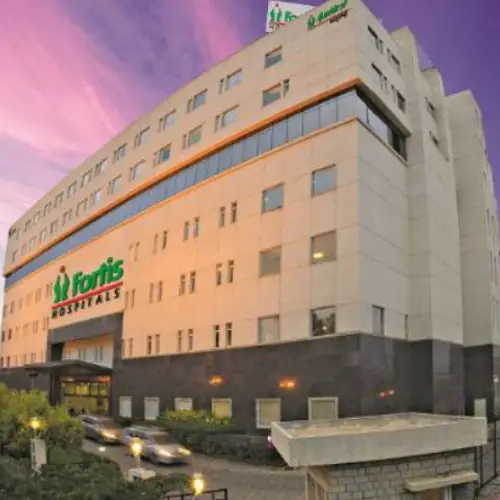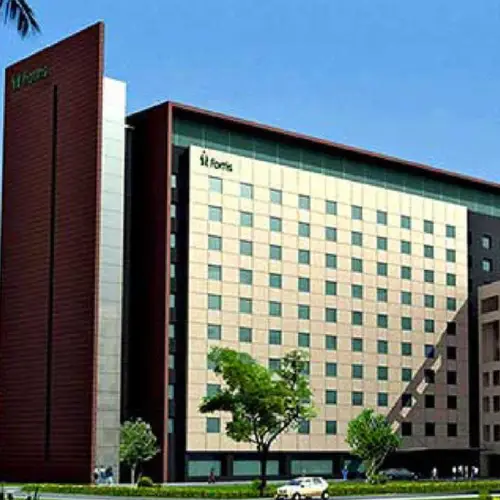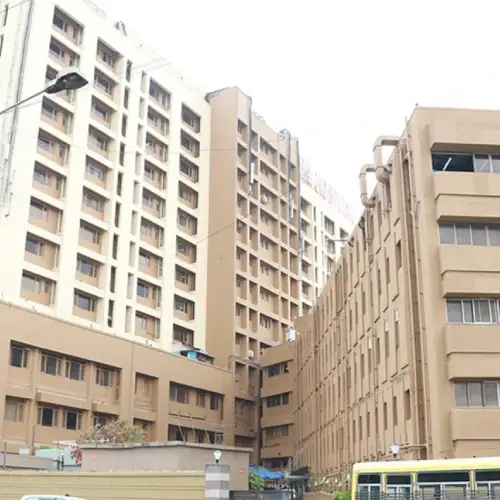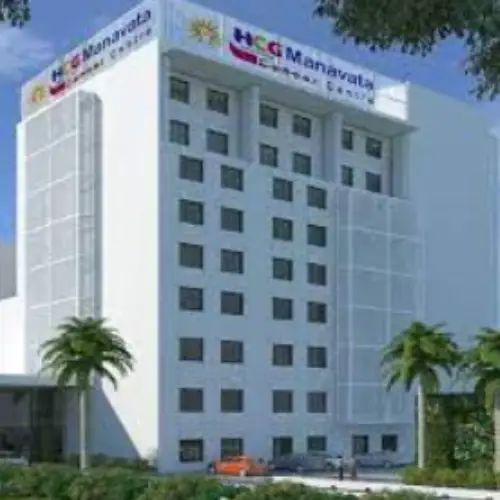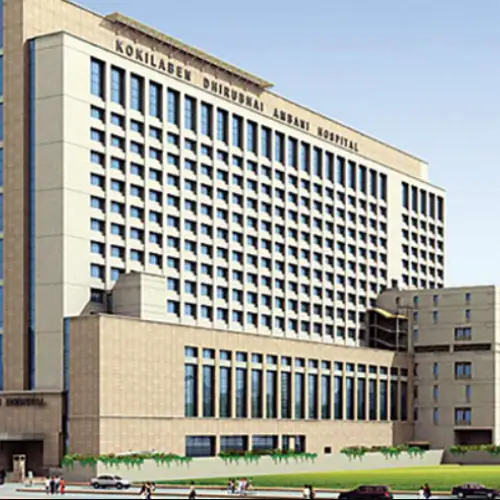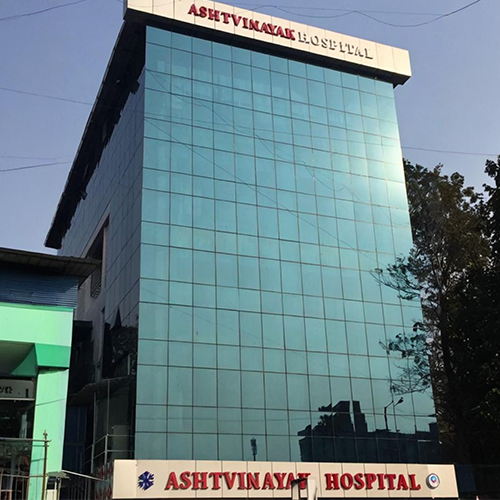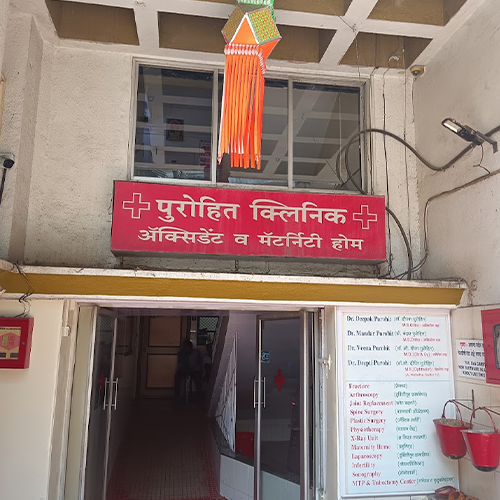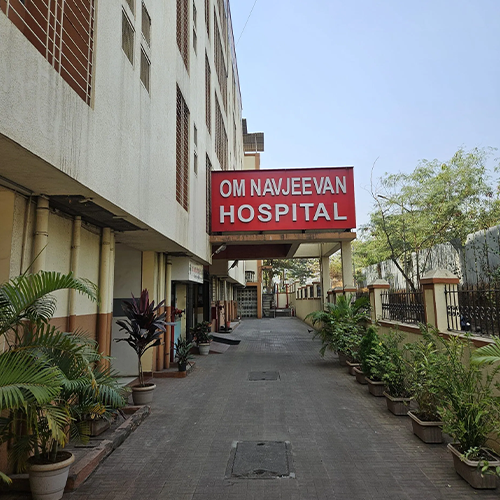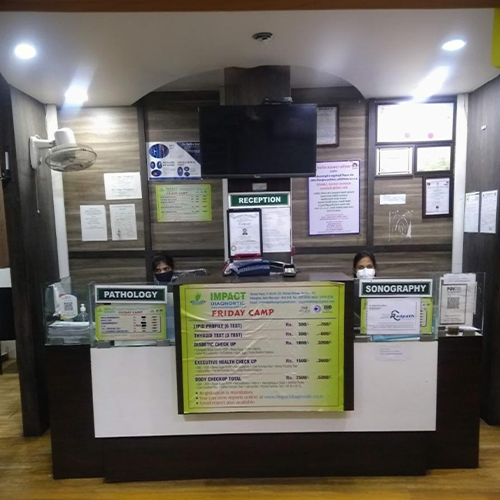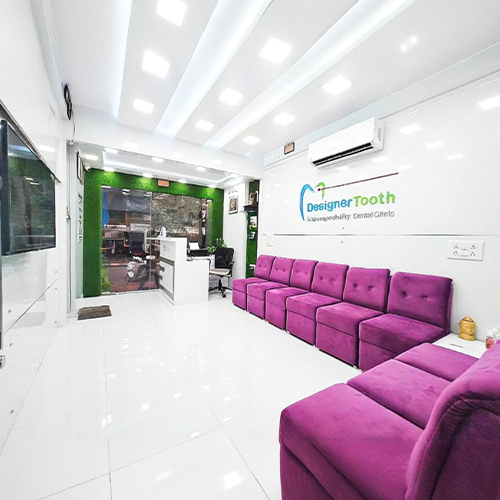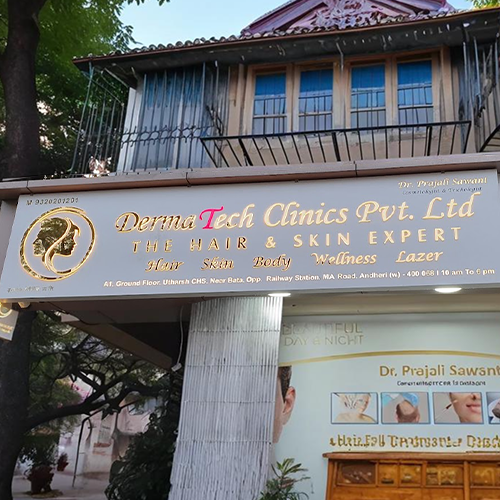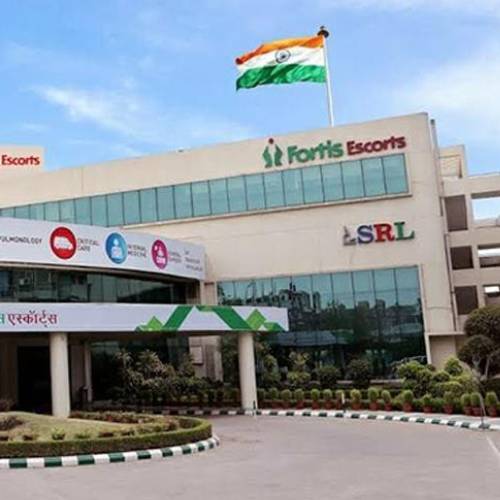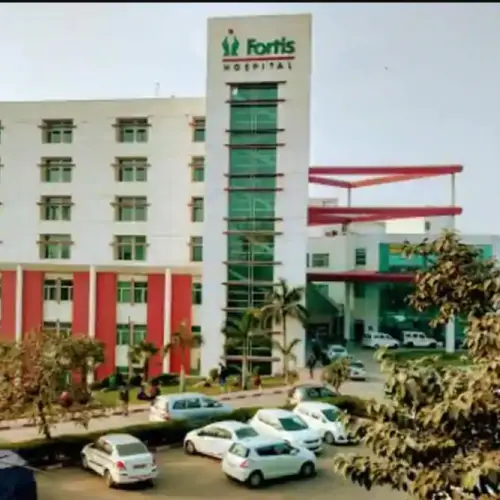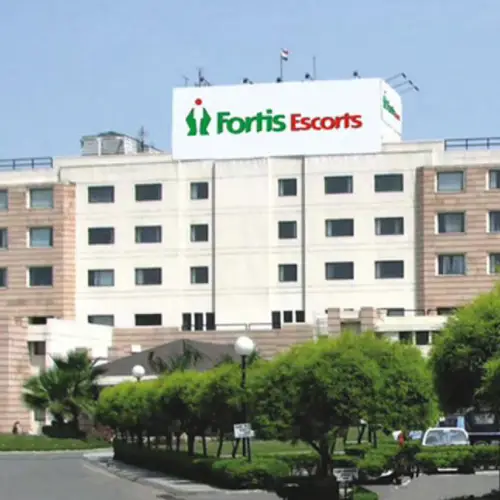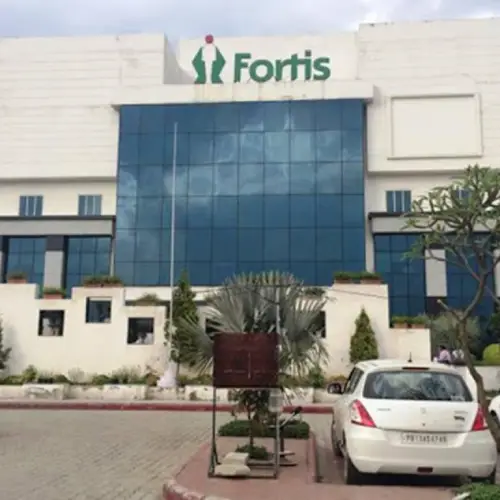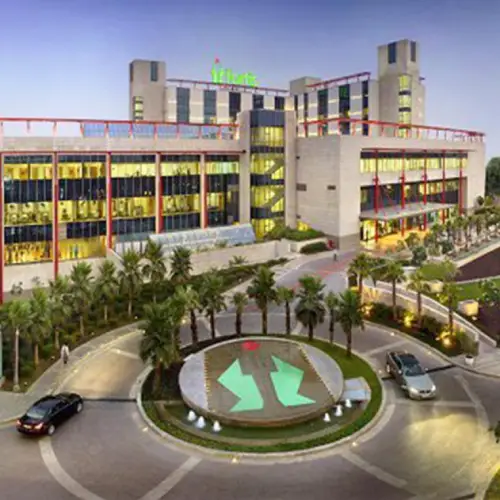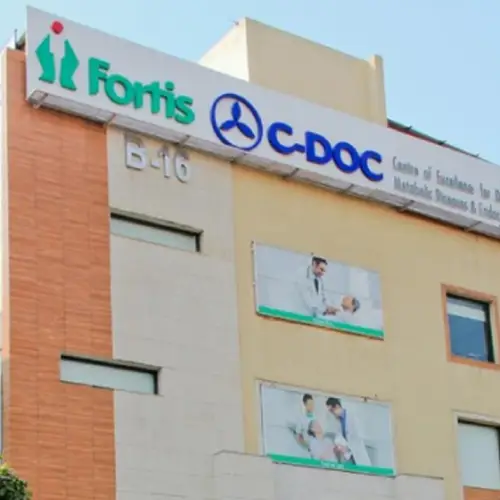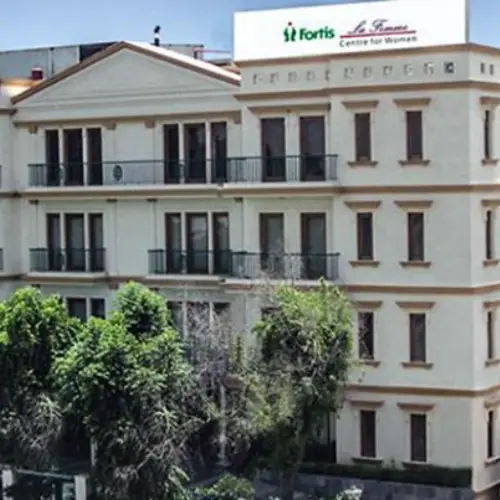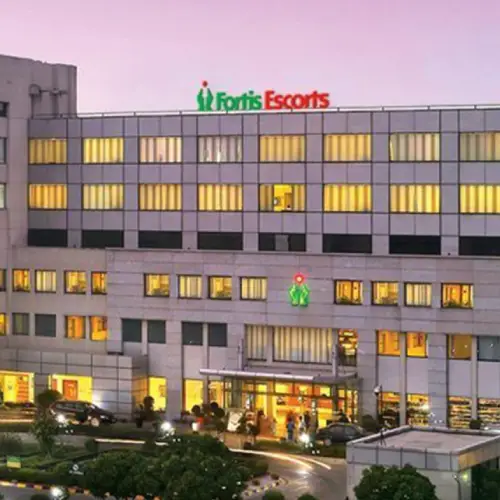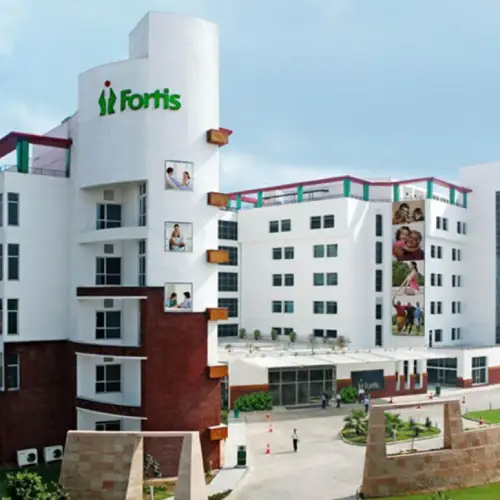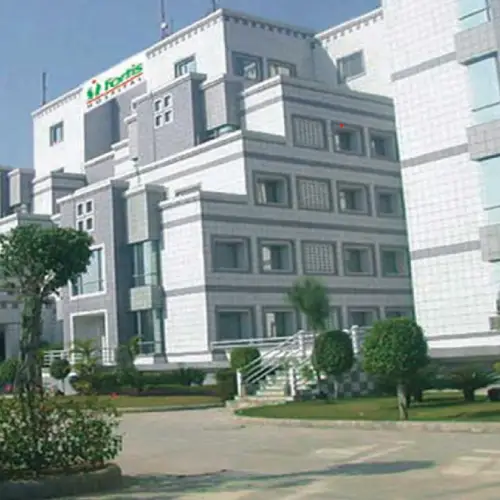Breast Cancer
Breast Cancer - Breast Cancer Treatment Cost In India
In India, managing breast cancer in its early stages is relatively straightforward. It is cost-effective and accessible to all. On average, the approximate cost for successful breast cancer treatment in India starts at approximately USD 2,000 (equivalent to Indian Rupees approximately 70,000 to 1,44,000).
What Is Breast Cancer?

In addition to their direct impact on the breasts, these abnormal or cancerous cells have been observed to infiltrate the mammary glands and associated tissues. This infiltration leads to damage to healthy cells, potentially causing significant harm to the lymph nodes and other regions of the body.
Cancer has emerged as one of the most prevalent diseases globally, affecting not only India but also many other regions. For a long time, cancer has instilled fear due to its challenging recovery process. However, in recent years, India has made significant strides in the field of medical science, harnessing cutting-edge technologies and highly skilled surgeons to combat cancer effectively.
Breast cancer, in particular, has become a prevalent concern among women today. This form of cancer originates in the breast cells, resulting in the development of tumors or lumps within the breast tissue.
The onset of breast cancer is marked by abnormal and uncontrolled cell division and growth within the breast tissues, triggered by genetic mutations and genetic recombination. Typically, breast cancer affects various components of the breasts, including the breast lobules, the fatty adipose tissues, the fibrous connective tissues, and the milk-secreting ducts. These mutations lead to damage to the breast cells, contributing to the development and progression of breast cancer.
Symptoms Of Breast Cancer
The early signs and symptoms of breast cancer can vary among individuals, and some may not experience noticeable symptoms at all. However, there are certain common indications that may be observed when breast cancer develops. Typically, the detection of breast cancer in its early stages relies on biopsies and mammogram tests.

The primary and most significant symptom of breast cancer, often evident in the initial stages, is the formation of a tumor within the affected breast area, consisting of cancerous cells. Additionally, several common symptoms associated with breast cancer may include the following:
- Blood discharge from the nipples.
- Mild to severe breast pain.
- Presence of a tumor or swelling in the underarm area.
- Inverted nipples (occasionally).
- Changes in breast skin color, including redness or discoloration.
- Unusual overall swelling of the breasts.
- Thickening of the tissues surrounding the lump.
All of these symptoms do not necessarily indicate that you are having breast cancer. If you find any of these symptoms in your breasts, before assuming it to be cancer, it will be a good idea to consult your health care expert first and discuss the issues thoroughly.
But if you find that there is a lump or a tumor developing in your breasts, then it is highly advisable that you should not ignore the symptom.
Different Types Of Breast Cancer
In addition to the various subtypes of breast cancer, two main categories of breast cancer exist:
1. Invasive: This type of cancer has the potential to spread from the breast, particularly from the breast ducts and glands, to other parts of the body.
2. Non-invasive or ‘in-situ’: This category of cancer does not have the tendency to spread.
These broad classifications of breast cancer can further be delineated to describe the commonly encountered forms of breast cancer:
– Ductal Carcinoma In Situ (DCIS): In DCIS, cancerous cells are confined to the breast’s ducts and do not extend beyond the lymph nodes or ducts.
– Lobular Carcinoma In Situ (LCIS): LCIS typically develops within the milk ducts of the breasts but does not extend beyond this region.
– Invasive Ductal Carcinoma (IDC): IDC is the most common type of breast cancer, originating in the milk ducts before spreading to adjacent tissues.
– Invasive Lobular Carcinoma (ILC): ILC begins in the breast lobules and has the capacity to spread into nearby tissues.
Additionally, there are less common forms of breast cancer, including:
– Paget Disease of the Nipple: This type spreads from the nipple ducts to the skin tissues and areola.
– Phyllodes Tumor: Although typically benign, this rare type of cancerous lump can occasionally become cancerous and develop on the connective tissue of the breast.
– Angiosarcoma: Angiosarcoma is typically found within the blood or lymph vessels in the breast.
The Stages Of Breast Cancer
Cancer, including breast cancer, is typically categorized into stages based on clinical factors such as the size of the breast lump and the extent of the disease within the patient’s body. Lower stages denote cancer that has not significantly spread, is less severe, and remains treatable. In contrast, higher stages signify a more severe condition with reduced chances of survival. The stages of breast cancer are outlined below:

The Stages Of Breast Cancer
- Stage 0 or DCIS
- Stage 1
- Stage 2
- Stage 3
- Stage 4 (Metastatic Breast Cancer Stage)
This is the initial stage of breast cancer when the cancer cells have not started to spread out from the glands or ducts of the breasts.
Stage 1A. A lump or tumor develops on the breasts, and it has an average size of 2 centimeters (cm) or less. Sometimes the tumor might not develop
Stage 1B. Cancer occurs to develop in the surrounding lymph nodes
Stage 2A.The tumor may not increase in size, but if it does, its average width will be 2 and 5 cm and hasn’t spread to any lymph nodes.
Stage 2B.The tumor has either increased in size and has become more than 5 cm and may or may not spread into the lymph nodes.
The cancer has spread into the lymph nodes and the size of tumor might have increased in size.
There is no size of the tumor in Stage 4. The cancer has become well- developed by this stage and has affected the surrounding lymph nodes, the organs, and some other parts of the body too.
Causes Of Breast Cancer
Several factors can contribute to the development of breast cancer. These potential causes include:
1. Weakened Immune System: A compromised immune system may increase the risk of breast cancer.
2. Family History of Carcinogenic Genes: The presence of cancer-related genes within the family history can be a contributing factor.
3. Abnormal Genetic Mutations: Genetic mutations and recombinations that lead to abnormal cell growth and the spread of cancer can play a role.
4. Unhealthy Lifestyle Choices: Unhealthy lifestyle habits like excessive smoking, alcohol consumption, and poor dietary nutrition can also be associated with an elevated risk of breast cancer.
Breast Cancer Diagnosis

6. MRI Scans of the Breasts: Magnetic resonance imaging (MRI) scans can offer comprehensive views of breast tissue.
Adhering to these diagnostic methods and your healthcare provider’s guidance is crucial for an accurate assessment of breast cancer.
For the accurate diagnosis of breast cancer, specific methods should be diligently followed. Your healthcare provider may recommend a series of steps, lifestyle adjustments, and a range of tests, including:
1. Mammogram: A mammogram is a common screening test for detecting breast abnormalities.
2. Biopsy: A biopsy involves the removal of a small tissue sample from the breast for examination under a microscope.
3. Breast Ultrasound: Ultrasound imaging of the breast can provide detailed images of breast tissue.
4. Ultrasound of Lymph Nodes: This ultrasound assesses the lymph nodes in the breast area.
5. Necessary Blood Tests: Blood tests may be conducted to assess specific markers or indicators associated with breast cancer.
Treatment Of Breast Cancer
The treatment of breast cancer, like any other cancer, hinges on several critical factors, such as the stage of cancer progression, the extent of damage, the likelihood of recovery, and more. In contemporary medicine, oncologists and healthcare experts have developed highly effective approaches and clinical techniques, harnessing advanced medical science and cutting-edge technology for successful breast cancer treatment. These treatment methods encompass:

Hormone therapy: According to recent studies, extensive scientific research and experiments it has been found that hormone therapy is a unique and quite effective method to treat breast cancer successfully. Hormones such as estrogen and progesterone- the primary female reproductive hormones are used to treat breast cancers successfully by preventing the growth and spread of cancer cells in the body.
-Chemotherapy: Recent scientific research supports chemotherapy as an effective approach for treating breast cancer. This method involves the use of medications or drugs that hinder the abnormal growth and division of cancer cells within the breast tissue.
Surgery is the primary and widely recommended approach for the treatment of breast cancer, favored by many oncologists and healthcare experts. Various surgical methods are employed, including:
1. Lumpectomy: This procedure removes the cancer by excising the lump from the breast, leaving the surrounding areas unaffected.
2. Mastectomy: In mastectomy, the entire breast is surgically removed. In cases where both breasts are affected by cancer, a double mastectomy may be performed to remove both breasts.
3. Sentinel Node Biopsy: This surgical technique selectively removes lymph nodes affected by cancer.
In addition to surgery, other methods are also considered for treating breast cancer:
– Radiation Therapy: Radiation therapy is recommended by healthcare professionals as an effective means to combat breast cancer. During this process, high-intensity radiation is directed externally onto the affected area to eliminate cancer cells.
Approximate Cost Of Breast Cancer Treatment In India
The estimated cost of breast cancer treatment in India can fluctuate between states and healthcare facilities. Several factors contribute to this cost variability, including:
1. Cancer Stage: The stage at which the cancer is diagnosed can impact the treatment expenses.
2. Expertise of Healthcare Professionals: The specialization and expertise of surgeons and healthcare experts may affect the overall cost.
3. Technological Advancements: The utilization of advanced medical technology and equipment can influence the treatment cost.
Various other factors may also contribute to the variability in the cost of breast cancer treatment in India.
FAQs
The time entirely depends on the stage and severity of the disease. But, on an average it will take 3 to 6 months to recover.
To treat breast cancer, one might require 2 to 3 weeks of continuous chemotherapy, but it entirely depends on the severity of the disease and the time the doctor has prescribed.
You might need a dietician who to fix a proper diet for you during the treatment of breast cancer.
In most cases, surgery can successfully treat breast cancer. But, according to your stage and severity of the disease the doctor will suggest which method is good for you.
Best Hospitals for Orthopaedic Surgical Oncology in India
Fill this form to get a free quote from best hospitals in India


At MediTours India, we stand as a distinguished leader in the realm of medical tourism, dedicated to transforming your healthcare journey into a seamless and transformative experience. With a commitment to excellence and a focus on your well-being, we pave the way for a new era of medical travel.
Contact Us
Address : C603 Jalaram Park LBS Road. Bhandup West Mumbai -400078 Phone : +91 9820344697 Email : ajit@meditoursindia.in
Copyright by indiameditours 2023. All rights reserved.
